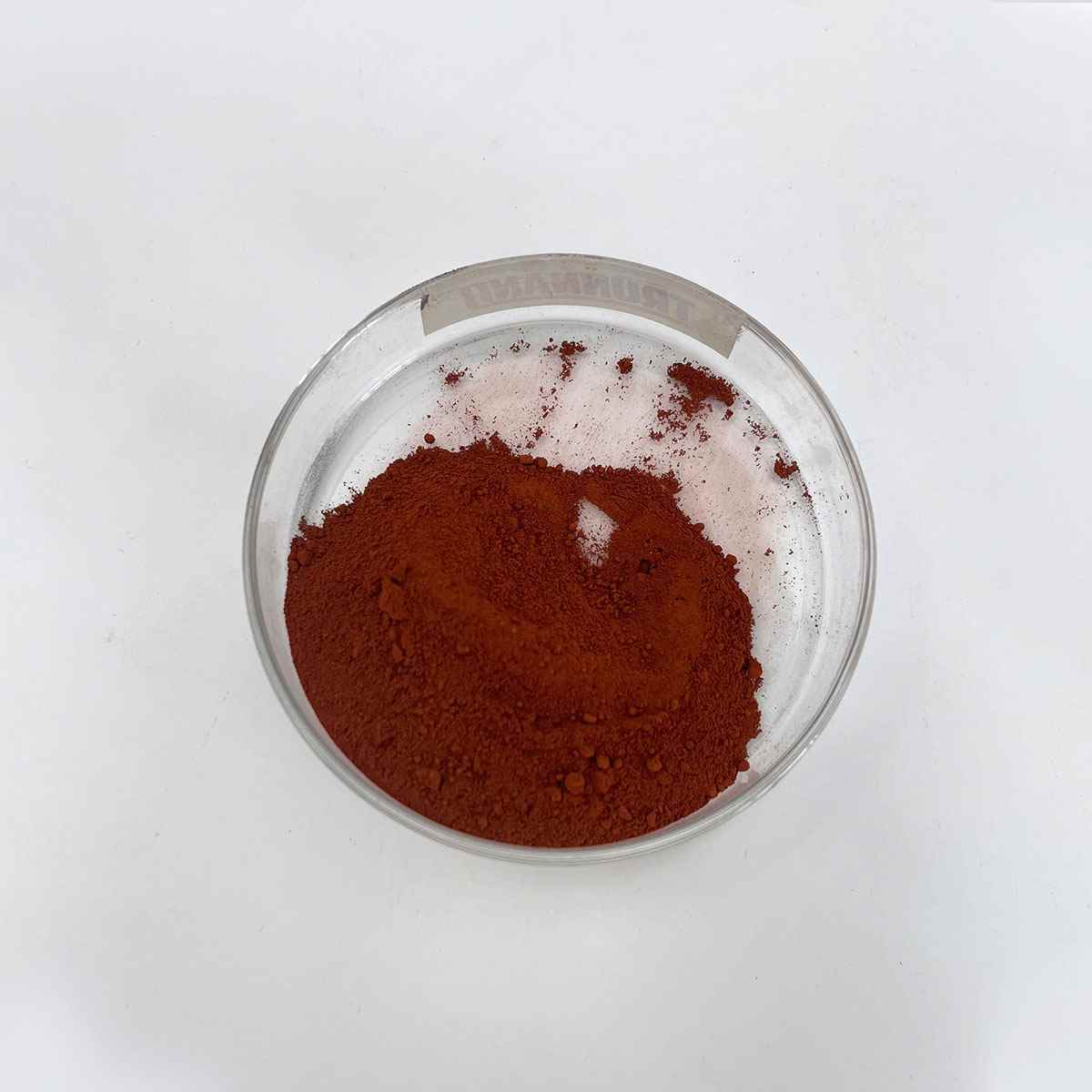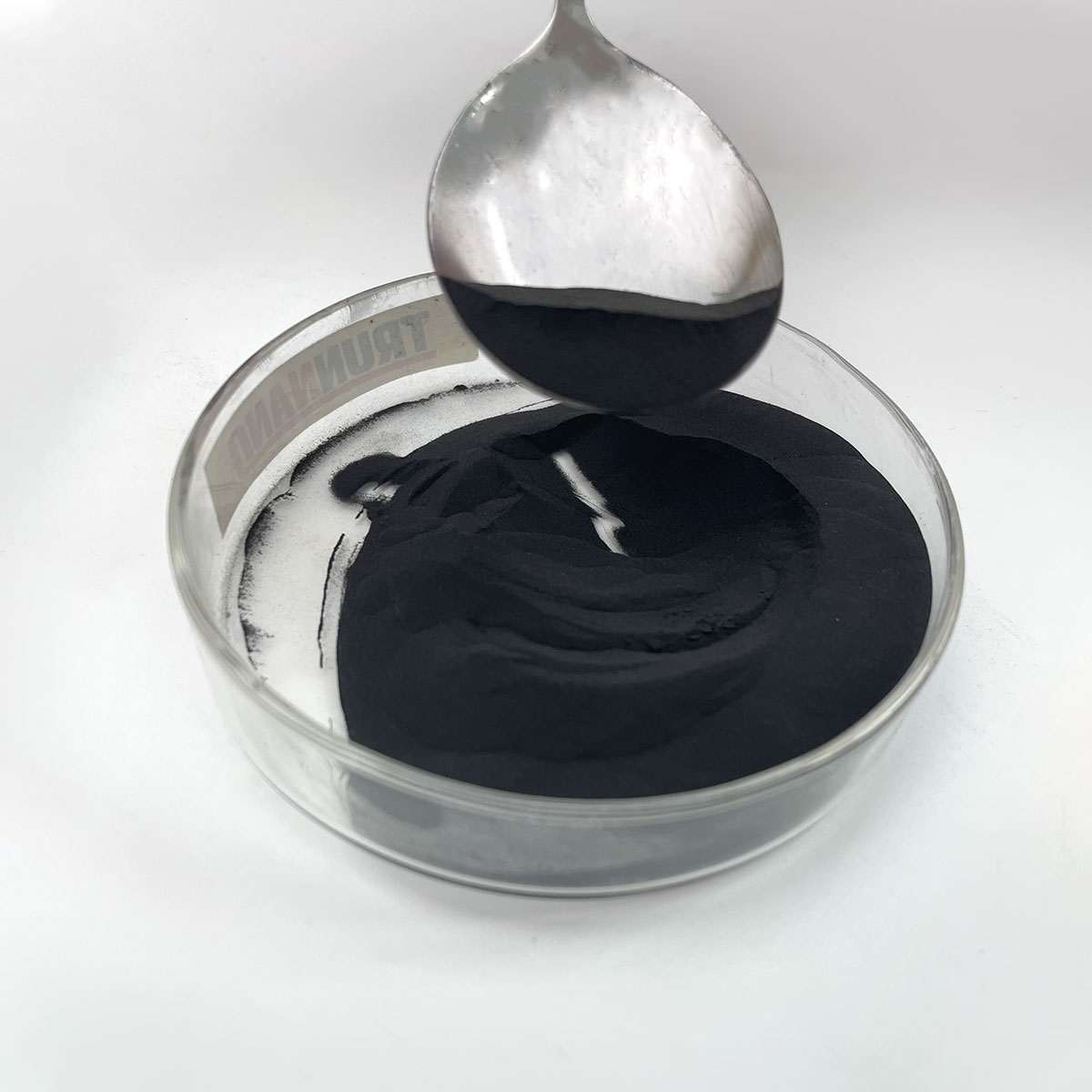Overview of Hard Alloy Beads 1-20mm Tungsten Carbide Balls for Laboratory Ball Mill Mineral Powder Grinding
Metal powder is a common form of metal that has been processed into fine particles, ranging from a few micrometers to over 100 microns in diameter. It plays a crucial role in various industrial applications due to its unique properties and versatility.
Features of Hard Alloy Beads 1-20mm Tungsten Carbide Balls for Laboratory Ball Mill Mineral Powder Grinding
Physical Characteristics
Particle Size: Ranging from nanometers to hundreds of micrometers, the size distribution significantly influences the powder’s flowability, packing density, and sintering behavior.
Shape: Particles can be spherical, irregular, flake-like, or dendritic, each shape affecting the final product’s mechanical properties and surface finish.
Purity: Depending on the production method, metal powders can achieve high levels of purity, critical for applications like electronics and aerospace where impurities can degrade performance.
Density: While less dense than their solid counterparts due to the presence of air between particles, metal powders can be densely packed during processing to approach the density of the solid metal.
Chemical Properties
Reactivity: Some metal powders, particularly aluminum and titanium, are highly reactive with air and moisture, necessitating careful handling and storage under inert atmospheres or vacuum.
Oxidation: Exposure to air can lead to surface oxidation, forming a passive layer that affects sintering and other processes. This can be managed through surface treatment or use of protective atmospheres.

(Hard Alloy Beads 1-20mm Tungsten Carbide Balls for Laboratory Ball Mill Mineral Powder Grinding)
Parameters of Hard Alloy Beads 1-20mm Tungsten Carbide Balls for Laboratory Ball Mill Mineral Powder Grinding
Hard Alloy Beads, specifically tungsten carbide balls, are an essential component in laboratory ball mills, widely used for the grinding and milling of mineral powders. These beads, ranging in size from 1 to 20 millimeters, exhibit exceptional durability and efficiency in various industrial and scientific applications.
Tungsten carbide, a compound of tungsten and carbon, is renowned for its unparalleled hardness and wear resistance. It possesses a Vickers hardness of over 3000 HV, making it ideal for withstanding the intense friction generated during the grinding process. This material ensures that the beads maintain their shape and integrity over extended periods, minimizing the need for frequent replacements.
The 1-20mm size range offers versatility, catering to different experimental requirements. Smaller beads, like 1-3mm, are suitable for fine grinding and producing a finer particle size distribution, while larger beads (5-20mm) are more effective for coarser grinding and higher throughput. The selection of bead size is crucial as it affects the energy transfer, mill efficiency, and the final product’s particle size.
Laboratory ball mills typically operate by tumbling the hard alloy beads within a container filled with the mineral powder. The rotation of the mill generates a cascading motion, causing the beads to collide with the powder particles, leading to attrition and fracture. This mechanical action results in the reduction of the particle size and the creation of a homogeneous mixture.
The grinding parameters, including rotational speed, ball-to-powder ratio, and milling time, can be adjusted to optimize the grinding efficiency and achieve the desired particle size distribution. These parameters need to be carefully controlled to prevent overgrinding, which can lead to excessive heat generation and potential degradation of the sample.
Ball milling with tungsten carbide beads is particularly advantageous in the mineral processing industry, where it facilitates the recovery of valuable minerals from ores, as well as in materials science, where it helps in the synthesis of new materials and the study of material properties at the nanoscale.
In conclusion, hard alloy beads, specifically tungsten carbide, play a pivotal role in laboratory ball mills for mineral powder grinding. Their unique combination of hardness, wear resistance, and available size options make them indispensable tools for researchers and engineers seeking efficient and controlled grinding processes. By adjusting the grinding parameters, these beads enable precise control over the final particle size and contribute to the advancement of various scientific and industrial applications.

(Hard Alloy Beads 1-20mm Tungsten Carbide Balls for Laboratory Ball Mill Mineral Powder Grinding)
FAQs of Hard Alloy Beads 1-20mm Tungsten Carbide Balls for Laboratory Ball Mill Mineral Powder Grinding
Inquiry us






